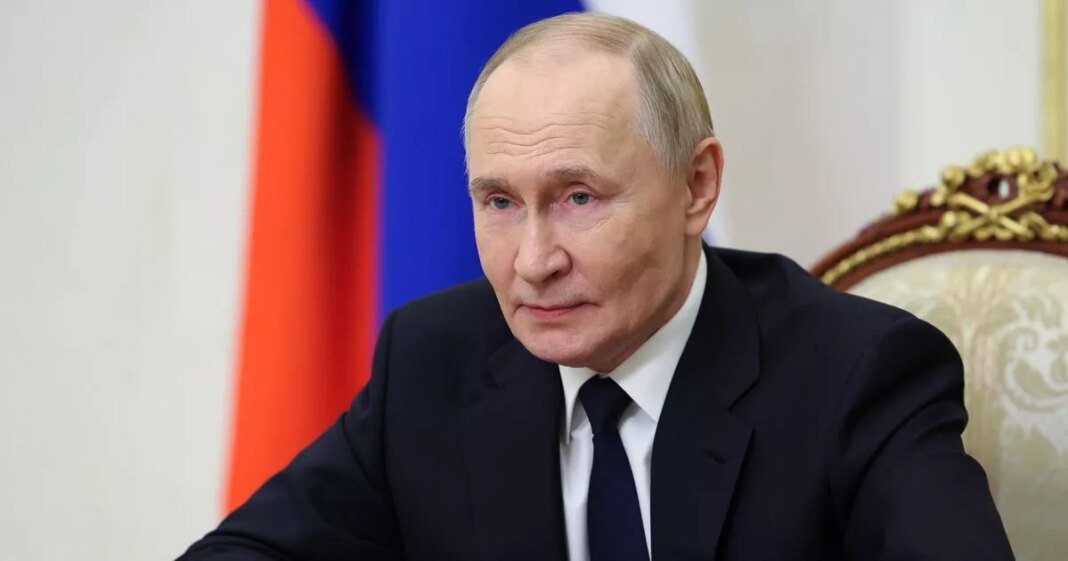Experts have raised concerns that Britain might be engaged in a conflict with Russia due to the increasing number of aggressive actions perpetrated by Kremlin and intelligence officials against the UK. These actions include poison murders on UK soil, heightened espionage activities, overt bombings, cyber-hacking operations, spy flights, and submarine intrusions, leading to a state of alert.
Over the years, under the directives of Russian President Vladimir Putin, Kremlin intelligence operatives have been carrying out covert attacks on the UK known as “grey zone” attacks. Former MI5 chief Eliza Manningham-Buller supported claims made by UK Russia expert Fiona Hill and former White House adviser, stating that Moscow is waging a war against the western nations. Manningham-Buller acknowledged the extensive cyber-attacks, physical assaults, and intelligence activities as indications of an ongoing conflict with Russia.
Incursions by Russian aircraft into Poland, Estonia, and other Baltic states have been reported, with these actions growing increasingly audacious, prompting calls to potentially shoot down threatening Kremlin aircraft. Provocative acts falling just below the threshold of war have strained the patience of the UK and its NATO allies, leading to heightened military preparedness to counter potential Russian aggression.
Recent events, including the conviction of five individuals for their involvement in a Russian-planned arson attack on a London warehouse containing Ukrainian supplies, have underscored the level of threat posed by Russia. British men, acting as proxies for a Russian mercenary group called the Wagner Group, were responsible for the arson attack and surveillance of businesses in Mayfair for further assaults. The incident exemplifies state-sponsored criminal activities carried out by Russian-linked organizations within the UK.
The UK has been at the forefront of supporting Ukraine’s defense against Russia’s invasion, providing training, arms, and refuge for those affected by the conflict. This active support has made the UK a prime target for the Kremlin, which seeks to halt western assistance to Ukraine and views the UK as a key adversary in the proxy defense against its military incursions.
Russian special forces have been implicated in fatal incidents on British soil, such as the Salisbury poisoning in 2018, which left former KGB agent Sergei Skripal and his daughter critically ill and resulted in the death of Dawn Sturgess. The suspects, identified as Russian operatives, were captured on CCTV cameras leaving the scene of the poisoning before returning to Russia.
Furthermore, Russian cyber operatives are suspected of orchestrating a disruptive attack on Heathrow and other major European airports, causing widespread travel disruptions and economic losses. The UK’s National Cyber Security Centre is actively combating such attacks, which pose a significant threat to national security, public safety, and economic stability.
In addition to cyber threats, Russian long-range bomber and spy jets have frequently approached UK airspace, necessitating interception by RAF Typhoons to safeguard national security. These incursions not only test UK response capabilities but also instill a sense of constant vigilance among the British populace against potential Russian threats, including submarine intrusions that target vital underwater communication cables linking the UK, Europe, and the US, posing a severe risk to economic and commercial interests.

